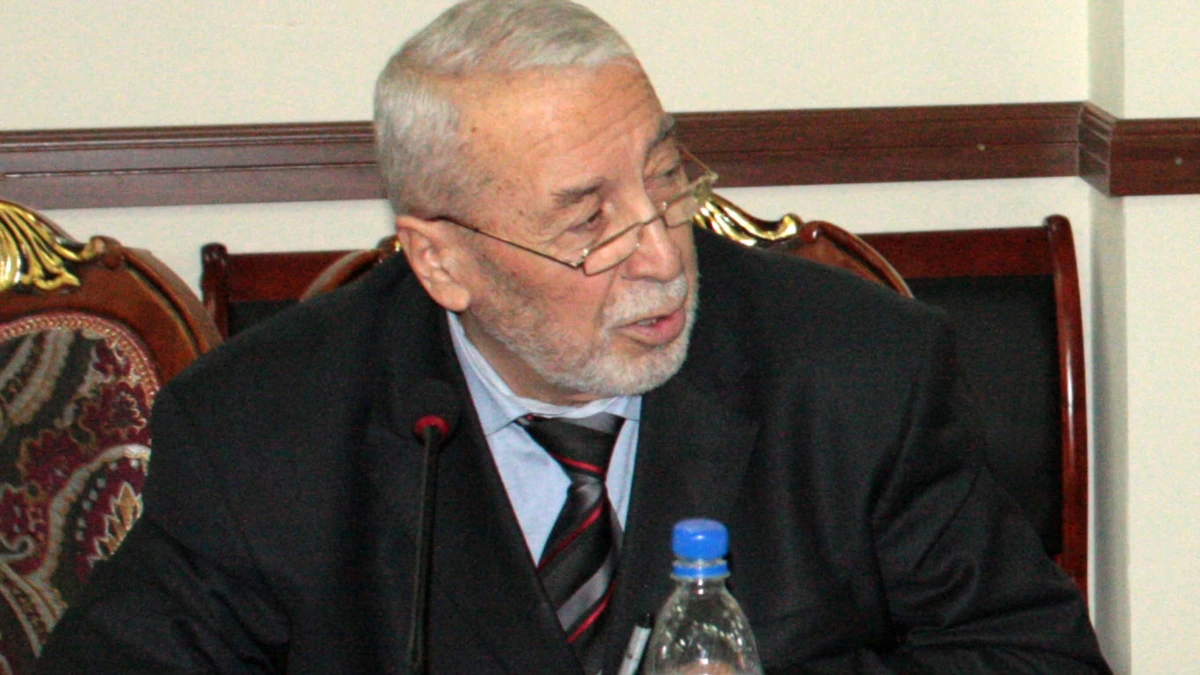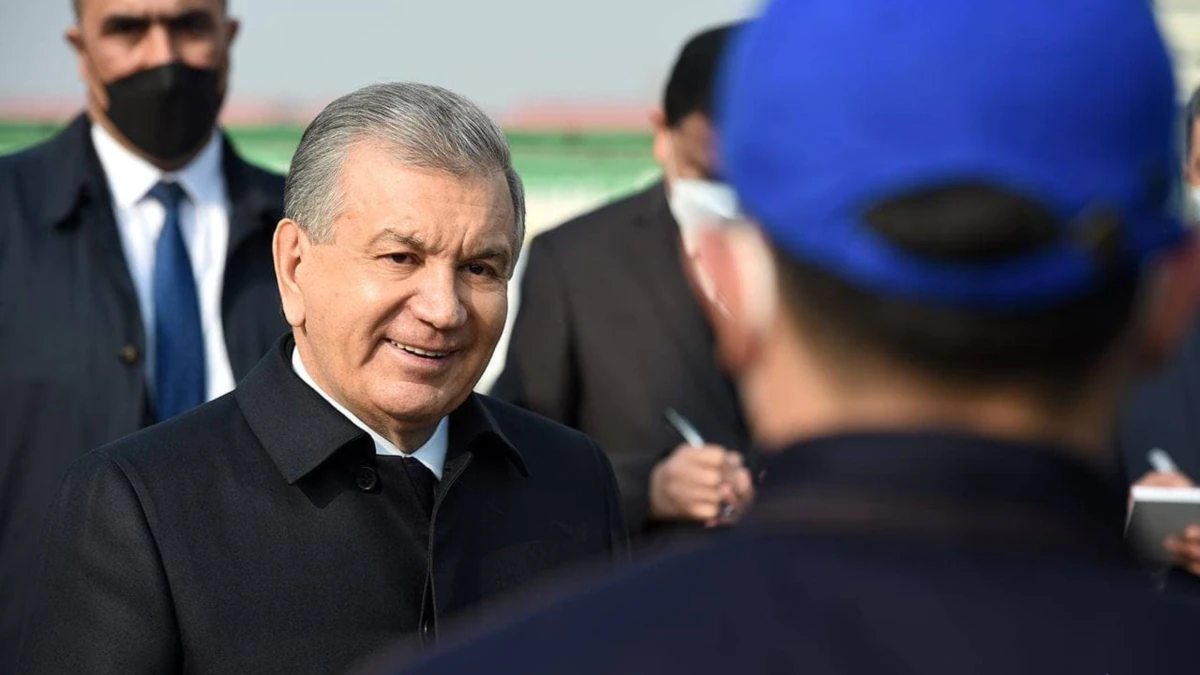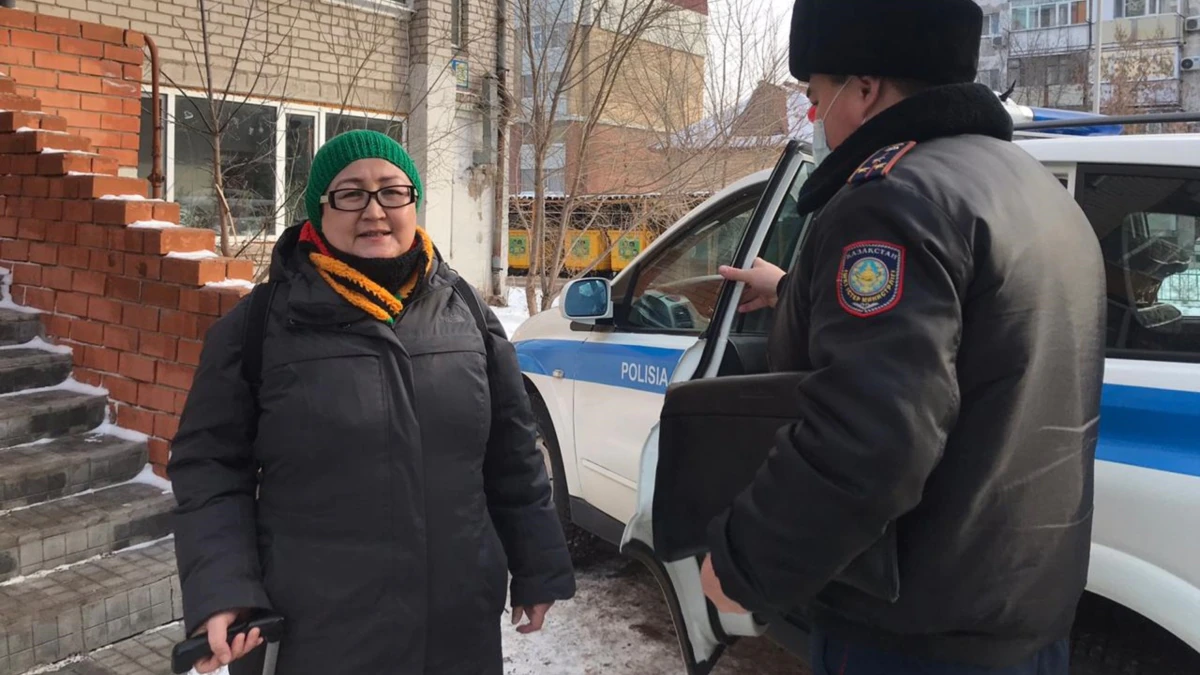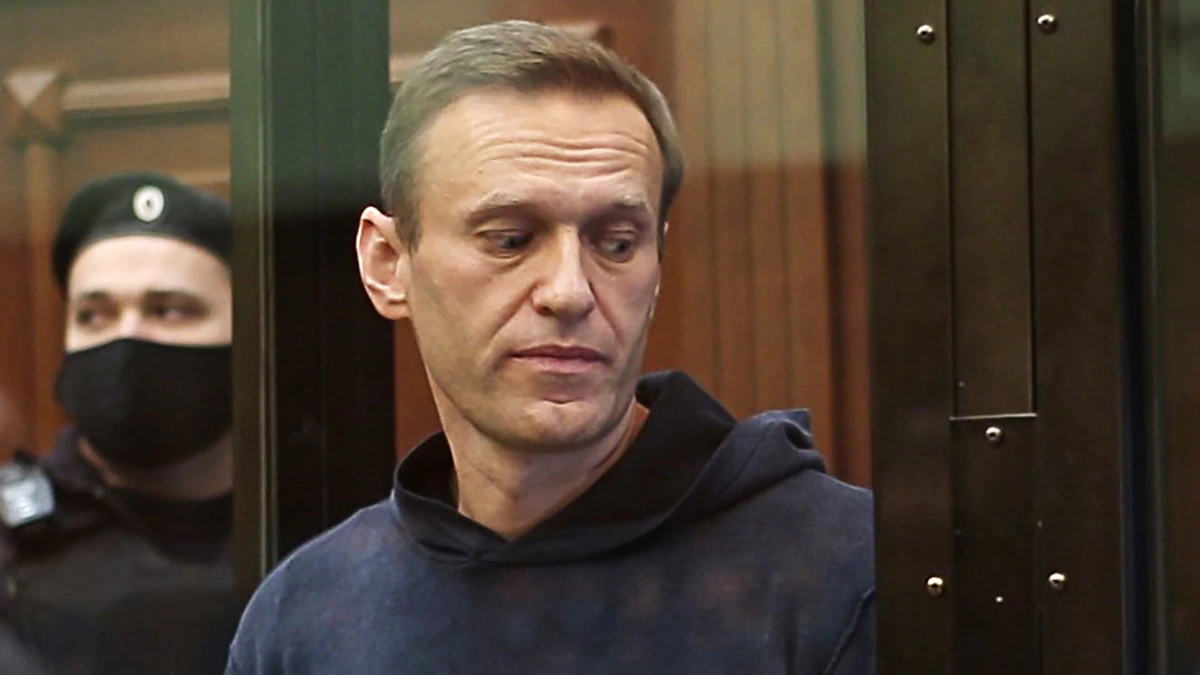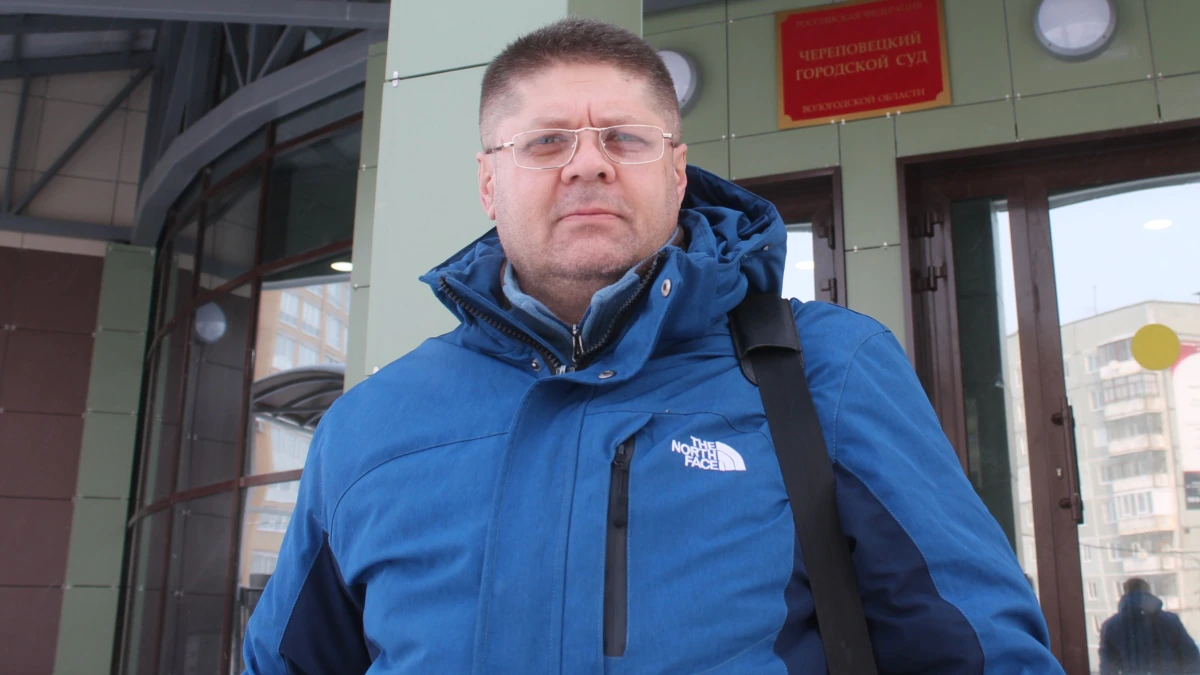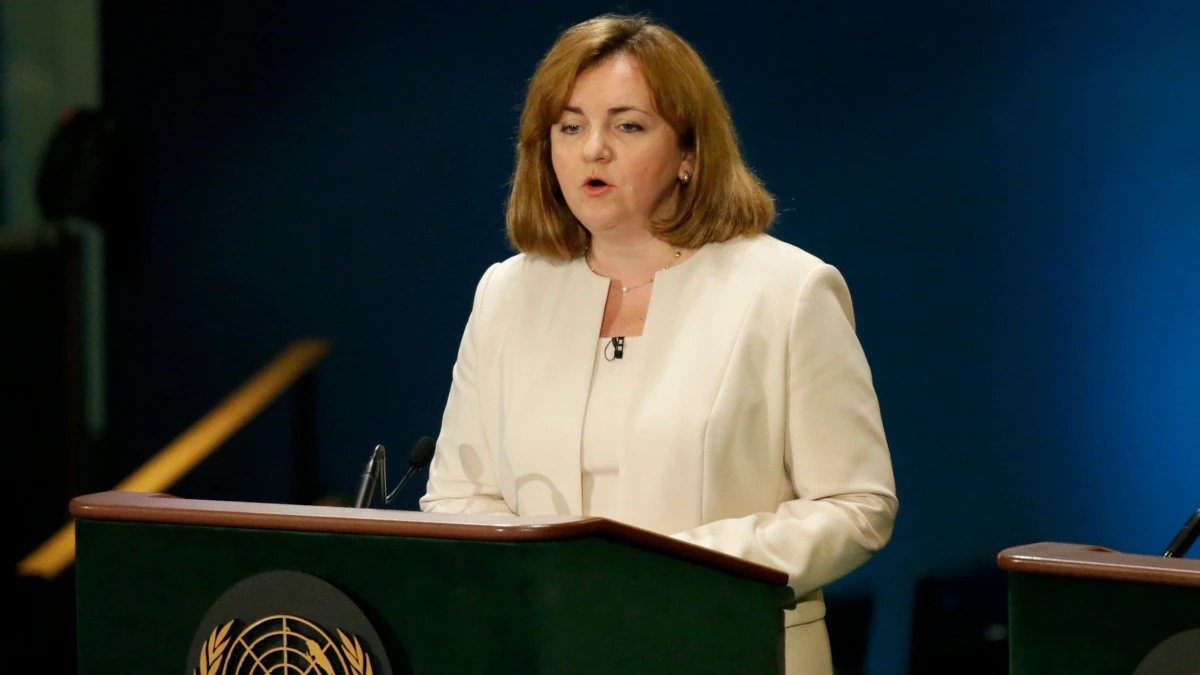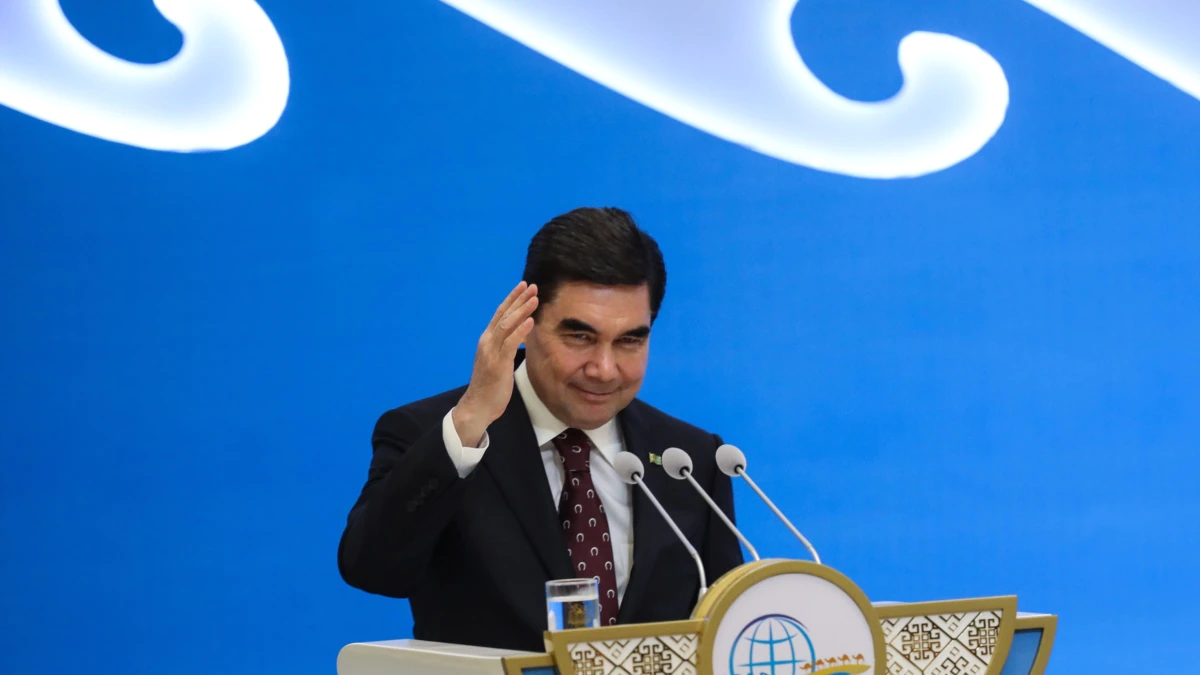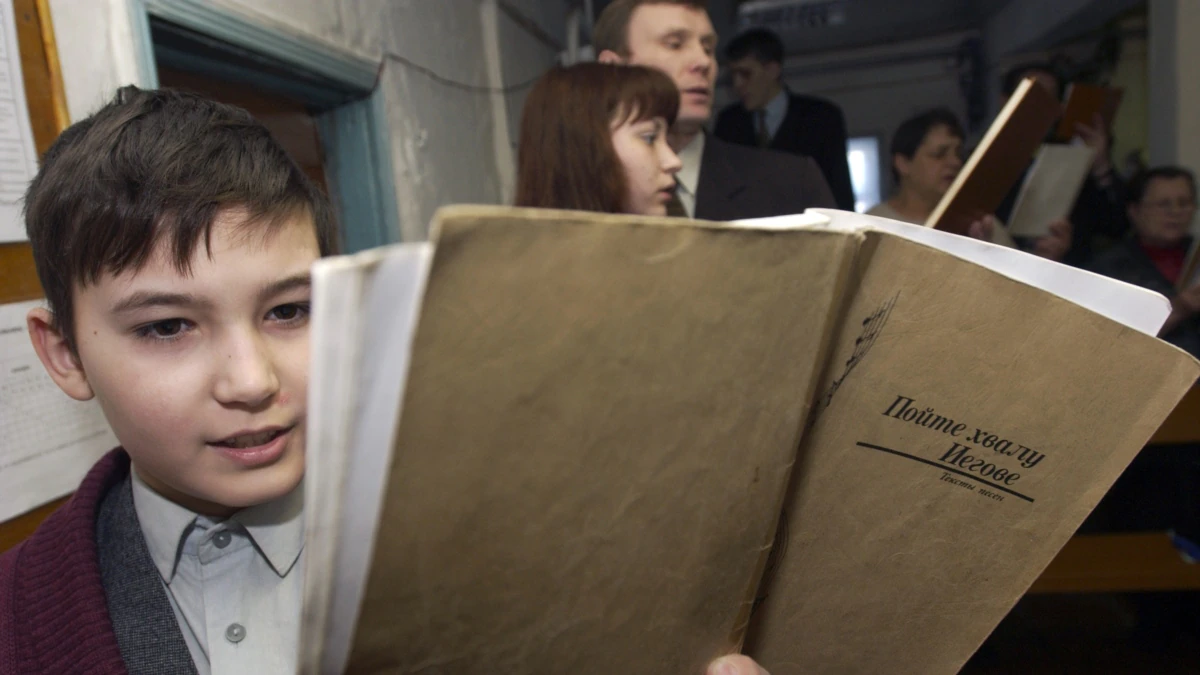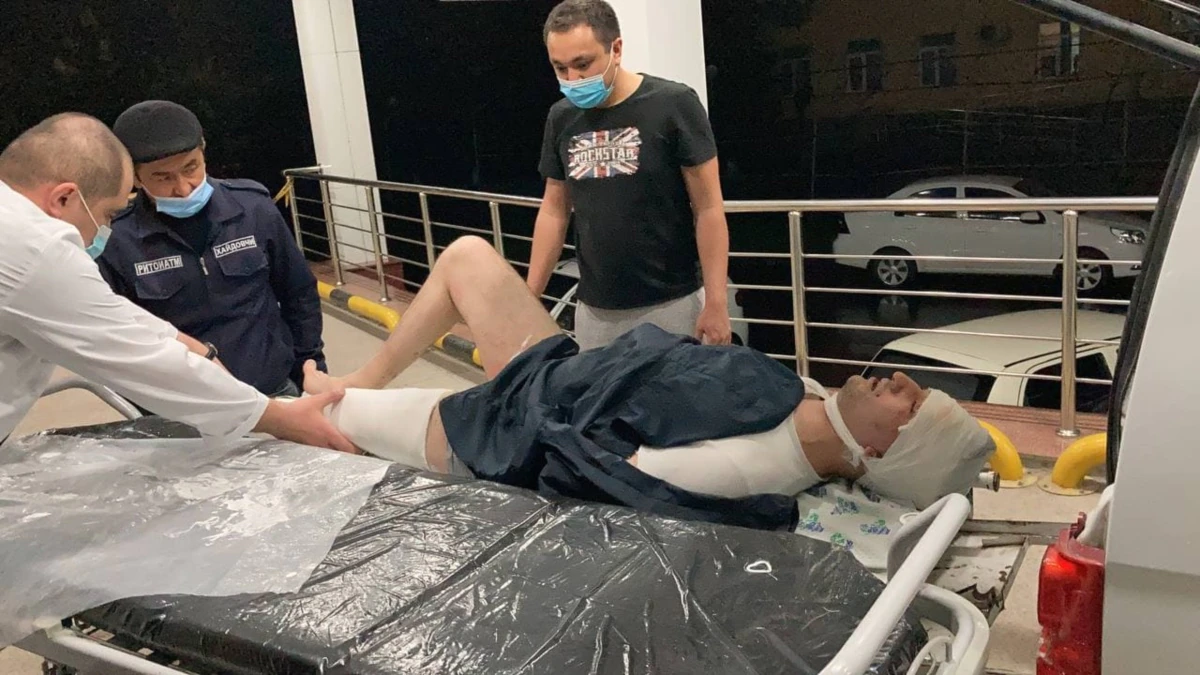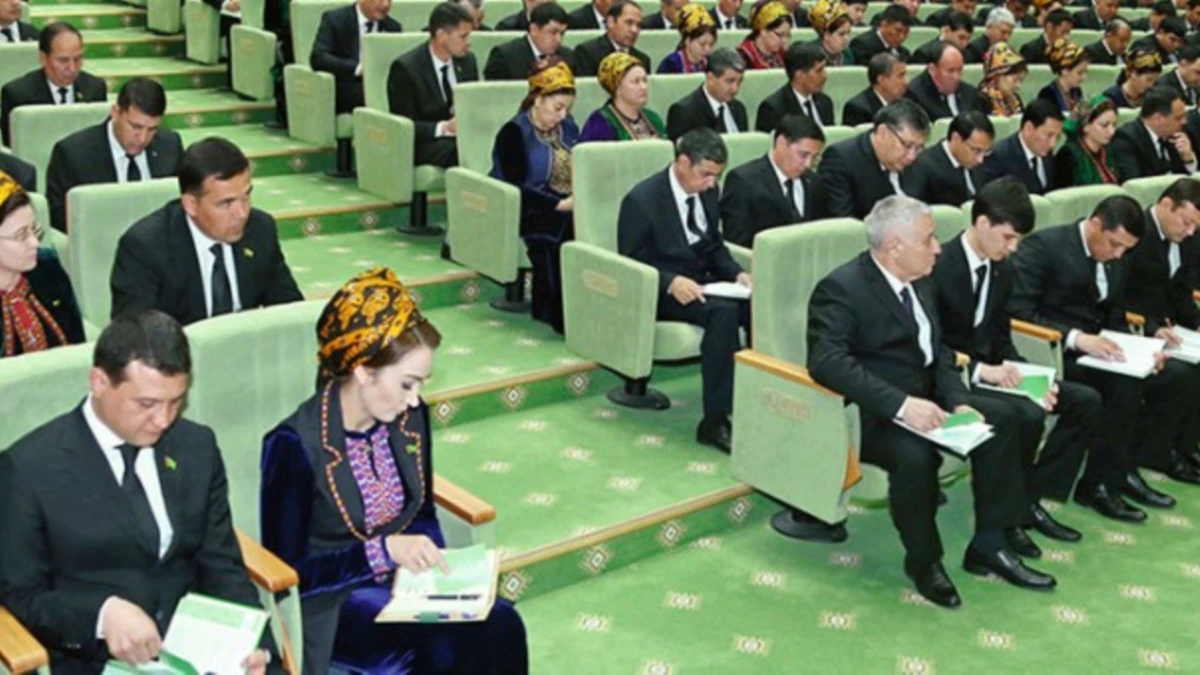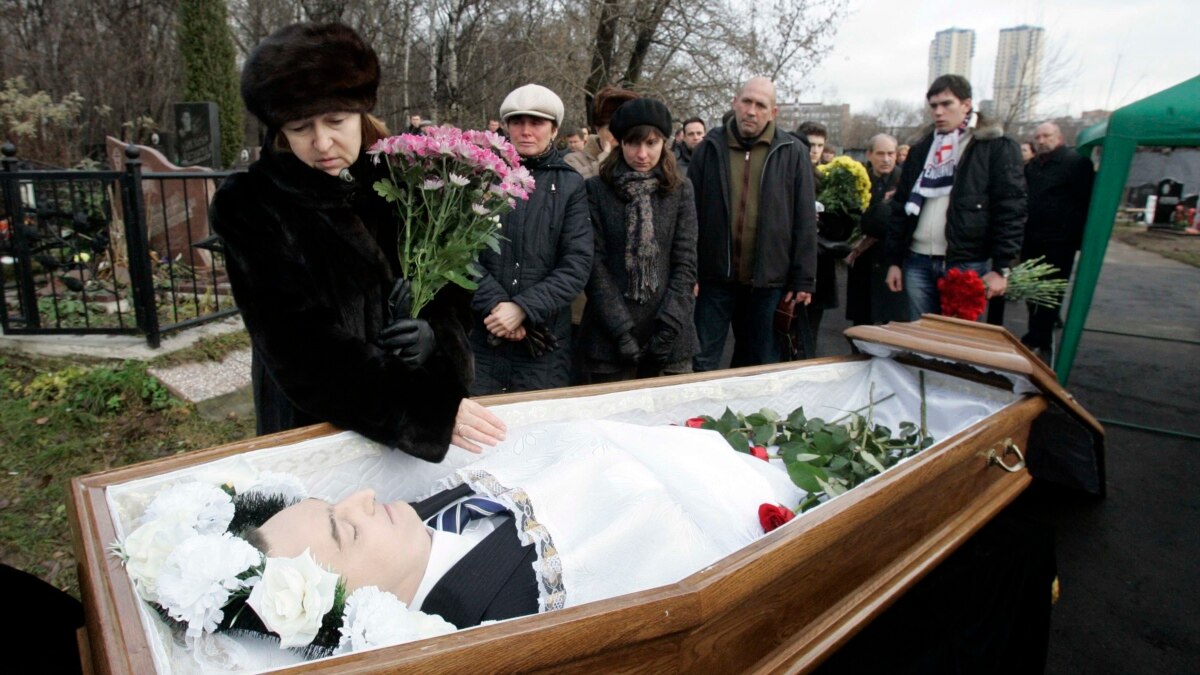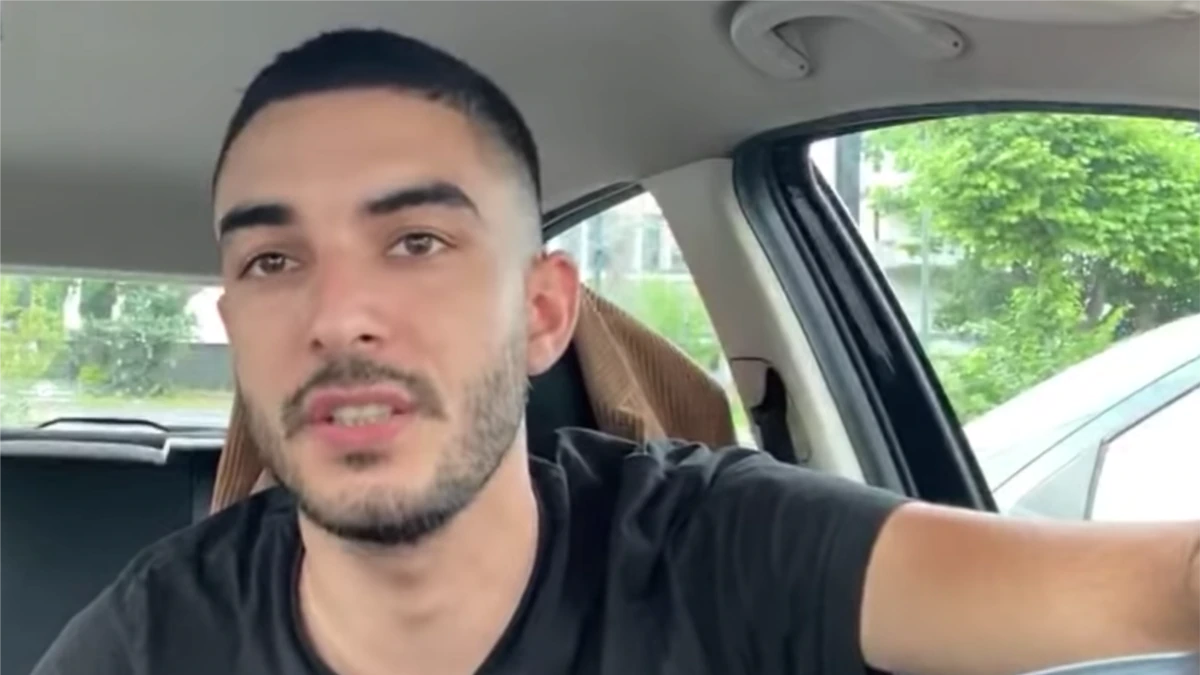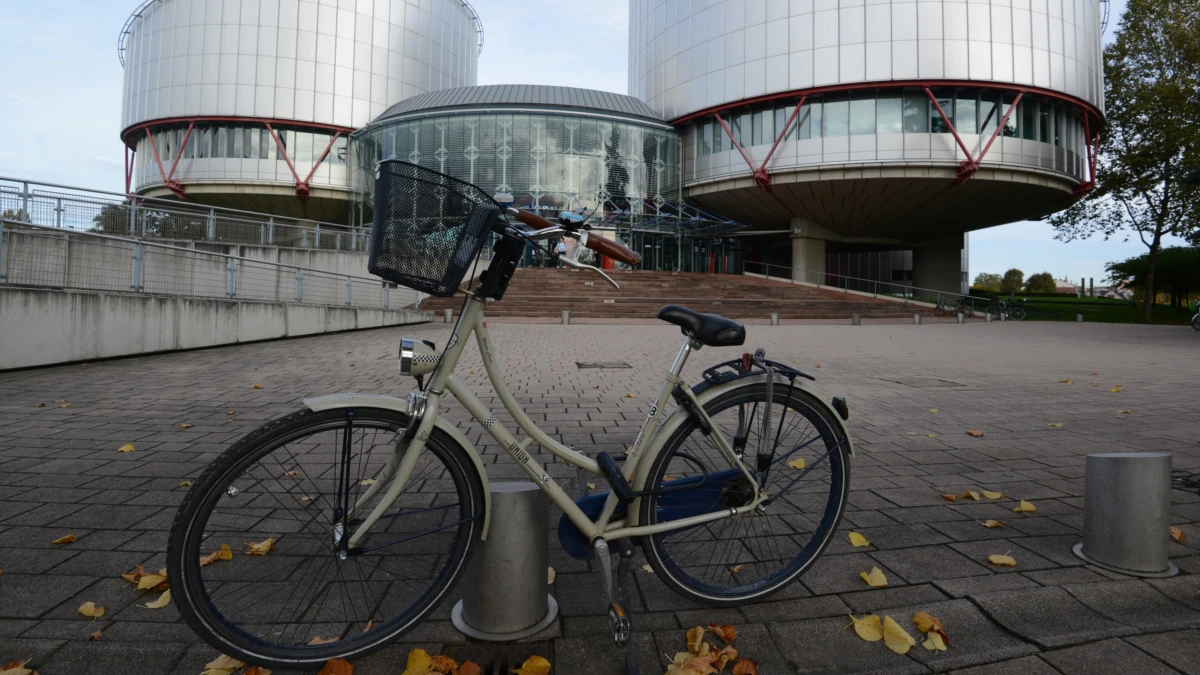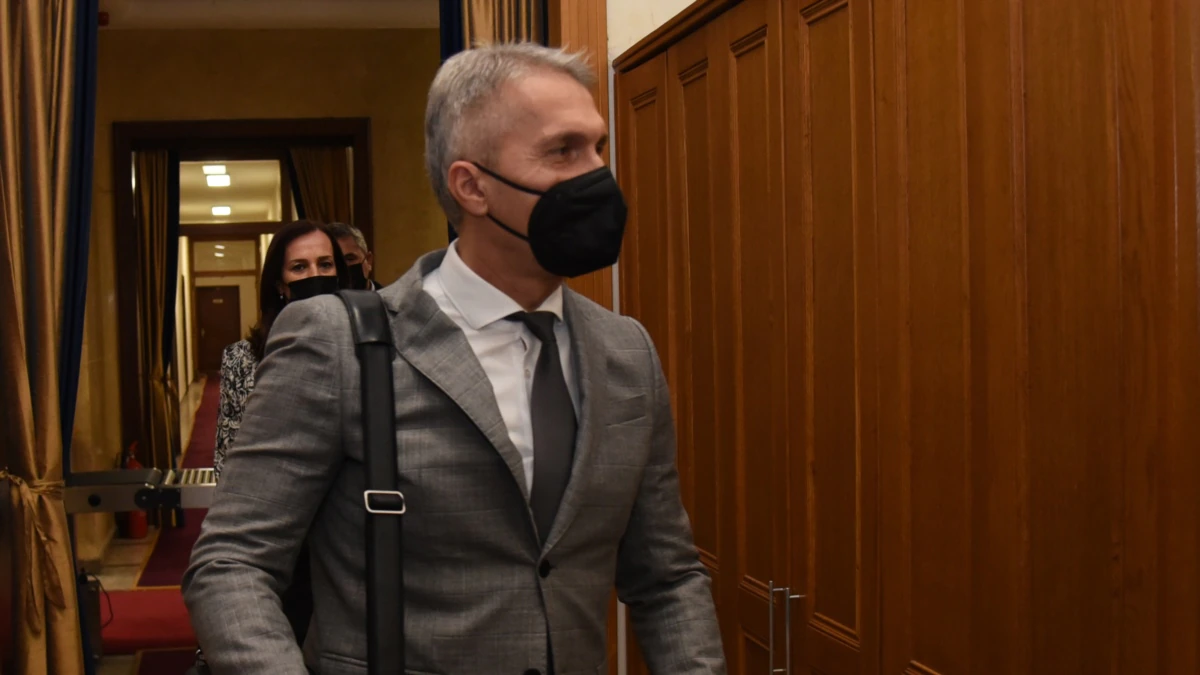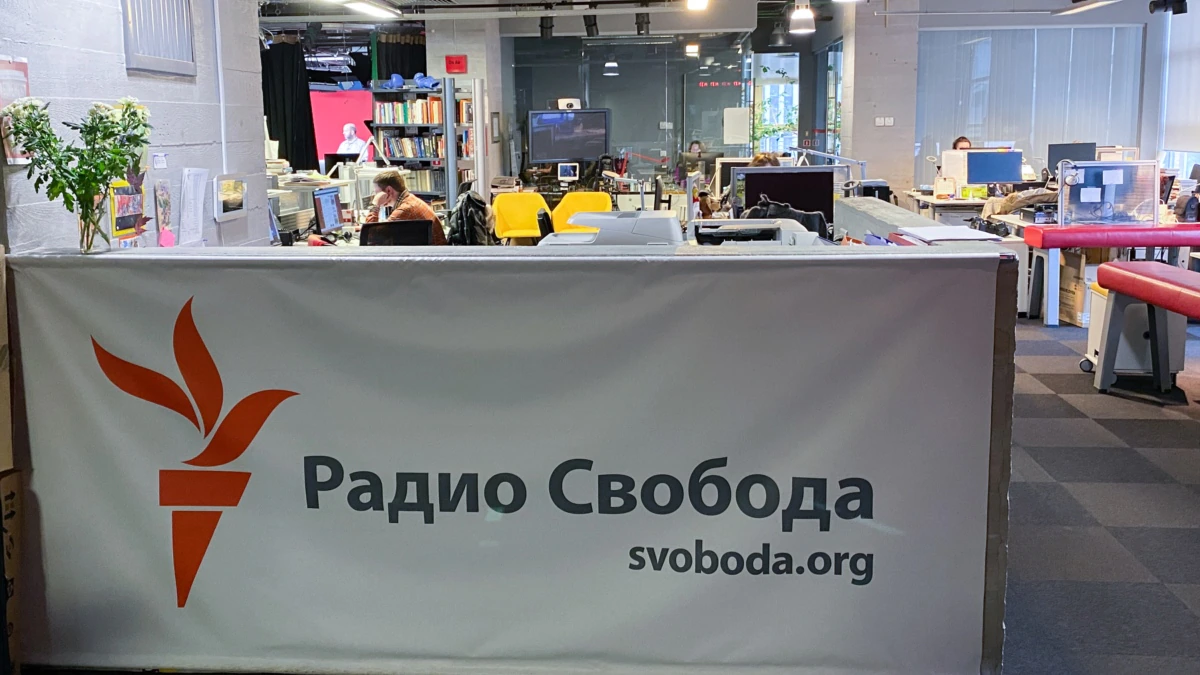MOSCOW — Milana Magomedova is a 22-year-old woman who, until recently, lived with her parents and younger brother and sister in the Siberian oil city of Tyumen.
Since December, Magomedova has been trying to escape her parents, natives of the North Caucasus region of Daghestan who ran their family life according to a strict interpretation of their region’s traditional Islamic values.
Magomedova was not allowed to have a job or to leave the house without permission. Her parents were avidly attempting to arrange a marriage for her. Last year, she decided to leave the dental institute where her parents had sent her to study, she told RFE/RL. She knew there would be a scandal when she got home, and she was right. Her father struck her, she recalled, and threatened to send her back to his native village in Daghestan to live with relatives, who, he assured her, would see to it that she got no education at all.
“I just wanted to get a job as a cashier or something, but they wouldn’t let me,” she said. “Because of the whole situation, I had no friends except for one girlfriend. Who would want to be friends with someone who can’t leave the house? I started to understand that there was no point in sitting there any longer. I had to run away.”
The Russian authorities have long turned a blind eye to the human rights issues presented by many of the customs of the North Caucasus.
Ramzan Kadyrov, the strongman leader of Chechnya, adjacent to Daghestan, has been frequently accused by domestic and international rights groups of overseeing massive human rights abuses including abductions, torture, extrajudicial killings, the persecution of lesbian, gay, bisexual, and transgender (LGBT) people, and political and personal assassinations. Kadyrov himself routinely berates and humiliates critics in the media, compelling them from fear to apologize.
‘Tip Of The Iceberg’
According to a 2018 report by the Dutch NGO Stichting Justice Initiative, there were at least 33 cases of so-called honor killings in the Russian North Caucasus between 2008 and 2017. Of the 39 victims, 36 were female.
“Most of the victims were daughters, sisters, wives, cousins or stepdaughters of their killers,” the report said. Only 14 of the incidents led to criminal prosecutions, producing 13 convictions and prison sentences ranging between six and 15 years.
“But this is just the tip of the iceberg,” the report added. “In reality, only a small portion of such crimes ever become known and are taken up by law enforcement and the media.” Most cases are dismissed by local authorities as “accidents.”
Toward the end of last year, Magomedova became acquainted via the Internet with Vladislav Khorev, a 32-year-old man from Ufa in the Bashkortostan region. After hearing of her plight, Khorev decided to help her escape, and he flew to Tyumen at the end of December. Shortly after New Year’s, Magomedova gathered a few belongings and the pair flew off, first to Moscow and then on to Turkey, which was one of the few countries open to Russians because of the COVID-19 pandemic.
After a few days in Istanbul, the pair traveled to St. Petersburg, where Khorev helped Magomedova rent an apartment. She was almost immediately contacted by the police, who informed her that her parents had filed a missing person report about her in Tyumen. As Magomedova later found out, a police source in Tyumen gave her address to her parents and, on January 18, her mother, Gyulliser Magomedova, appeared at her door. Later that night, her father, Musa Magomedov, showed up, and the couple tried to take her away by force. RFE/RL has heard an audio recording of the encounter, during which Magomedov struck his daughter.
During the conflict, Magomedova was able to contact Khorev, who called the police. When they arrived, they supposedly found nothing out of order. Khorev watched from the street as Magomedova was put into a waiting car (he photographed the car and shared the photo with RFE/RL). He followed them to another address and again called the police. When they arrived, they took everyone, including Khorev, to a police station.
“At the police station, they first listened to my father because he refused to leave me alone,” Magomedova said. “Then they spoke to me. I told them my side of the story and they said, ‘OK, so you are so independent, but you don’t understand that [Khorev] is a human trafficker.’”
Passport Seized
She said that they asked in detail about her relationship with Khorev. She told them that she had looked through his phone and his computer, that she had taken photocopies of his identification documents. She assured them that she did not owe Khorev any money.
“Finally, I added that even if he is a human trafficker, I didn’t want to go back with my parents,” she said. “I asked them to accept my complaint that they were trying to take me away by force. And one of them said to me, ‘Milana, don’t you understand that is your custom?’”
Khorev told RFE/RL that he was questioned by an officer of the Interior Ministry’s Center E, which combats extremism and terrorism. Khorev had been holding Magomedova’s passport at her request, he said, to prevent her parents from taking it.
The police, however, found this suspicious and ordered him to give it to them.
In the end, the St. Petersburg police gave turned Magomedova and her documents over to her parents and allowed them to take her back to Tyumen.
“When I arrived home, I thought we would have some sort of conversation, that they would ask me what had happened,” Magomedova recalled. “But they started immediately threatening me, saying that if I ran away again, they would send me to Daghestan and there I would have no education or anything else. They said I had shamed them and had deprived myself…of any future.”
“My aunt, my father’s sister, told me that if they take me to Daghestan, I could easily be killed,” Magomedova said. “That no one there would remember anything about me, that everything would be dismissed as an accident, that no one would look into anything. She said that there are special cemeteries there for my type. I thought I knew my parents, but I never imagined that they would threaten to kill me or have me committed to a mental hospital.”
In order to calm her parents, Magomedova acted contrite, promised that she wouldn’t run away again, and began seeing a therapist to “calm her nerves.” But on February 10, she ran away a second time, in her pajamas and without her telephone or any money. Khorev was able to help her travel to Yekaterinburg, in the Urals, where she contacted human rights lawyer Fyodor Akchermyshev. He applied to the regional office of the Interior Ministry and was able to have Magomedova removed from the missing person’s list.
Her parents, however, did not give up. They filed complaint after complaint with the police in Tyumen. Somehow, her file from Yekaterinburg ended up with the police in Tyumen, who passed the information on to Magomedova’s parents. They began calling Akchermyshev and urging him to stop helping their daughter, saying that she was mentally ill. They also began calling Khorev.
Magomedova said she has a distant relative named Shamil Radzhabov who works for the Interior Ministry in Tyumen. Some of her acquaintances told her that they had been questioned by Radzhabov about her disappearance. She suspects he could be leaking her personal information to her parents.
She told RFE/RL that when she and Akchermyshev went to the police in Yekaterinburg to file a second complaint, they were told that her mother had visited the address that Magomedova had written on the first complaint and found no one there. Magomedova had written an incorrect address because she did not want to reveal her whereabouts.
‘Physical Force’
Magomedova’s parents filed a complaint saying that Khorev had kidnapped their daughter. But when police searched his apartment and questioned him, they found nothing incriminating. Her parents then filed a similar complaint about Akchermyshev.
In an interview with RFE/RL, Magomedova’s mother repeated her unsubstantiated allegations, saying that her daughter had been kidnapped, first by Khorev and then by Akchermyshev, in order to be sold as a prostitute to the militant group Islamic State, which is classified in Russia as a terrorist organization.
On March 23, Magomedova and Akchermyshev arrived at the office of the migration service to pick up her replacement passport. Although everyone else in line simply waited and then was handed the prepared document, Magomedova was told that she would have to wait longer because a stamp was missing.
“We understood that they were calling the police,” she said. When the police arrived, the two were taken to a a precinct house and questioned again about the accusation that Akchermyshev had kidnapped her.
During the questioning, a man Magomedova did not know entered the room. The officers did nothing while the man ushered Akchermyshev out and continued questioning Magomedova. Meanwhile, Akchermyshev was able to telephone journalists, telling them that the unknown man had used “physical force” against him in front of police officers.
Local journalists arrived at the station and found cars parked outside with license plates from Daghestan and Tyumen. Police informed Magomedova that her mother wanted to talk to her, but she refused.
After the journalists began photographing the cars and the people in them, they drove away. Magomedova and Akchermyshev were released after spending five hours at the police station.
Two days later, Akchermyshev said that he was able to identify the man who accosted him at the police station as a senior officer of the Sverdlovsk Oblast Interior Ministry named Magomedimin Kurbanov. He told RFE/RL that he has filed a complaint against Kurbanov with the Sverdlovsk police and the Investigative Committee.
“I never did get my passport,” Magomedova told RFE/RL. “I don’t know what will happen next. I think I’ll just lay low – it is terrifying just to go outside.”
Written by RFE/RL senior correspondent Robert Coalson based on reporting from Moscow by RFE/RL Russian Service correspondent Sergei Khazov-Cassia
This post was originally published on Radio Free.





